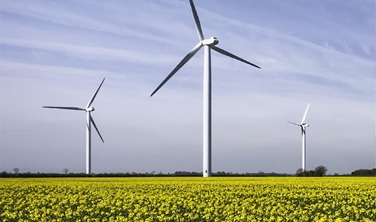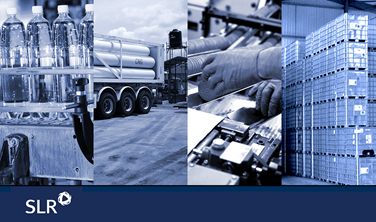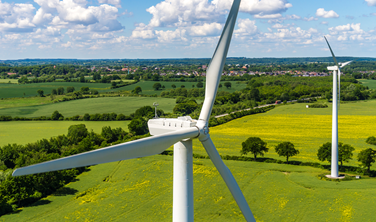
Is the food and drink sector doing all it can to ensure we have a sustainable and resilient food system?
Emma Piercy, Head of Climate Change and Energy Policy writes in today’s Food Management Today magazine ahead of COP28 and outlines our future focus on sustainability.









